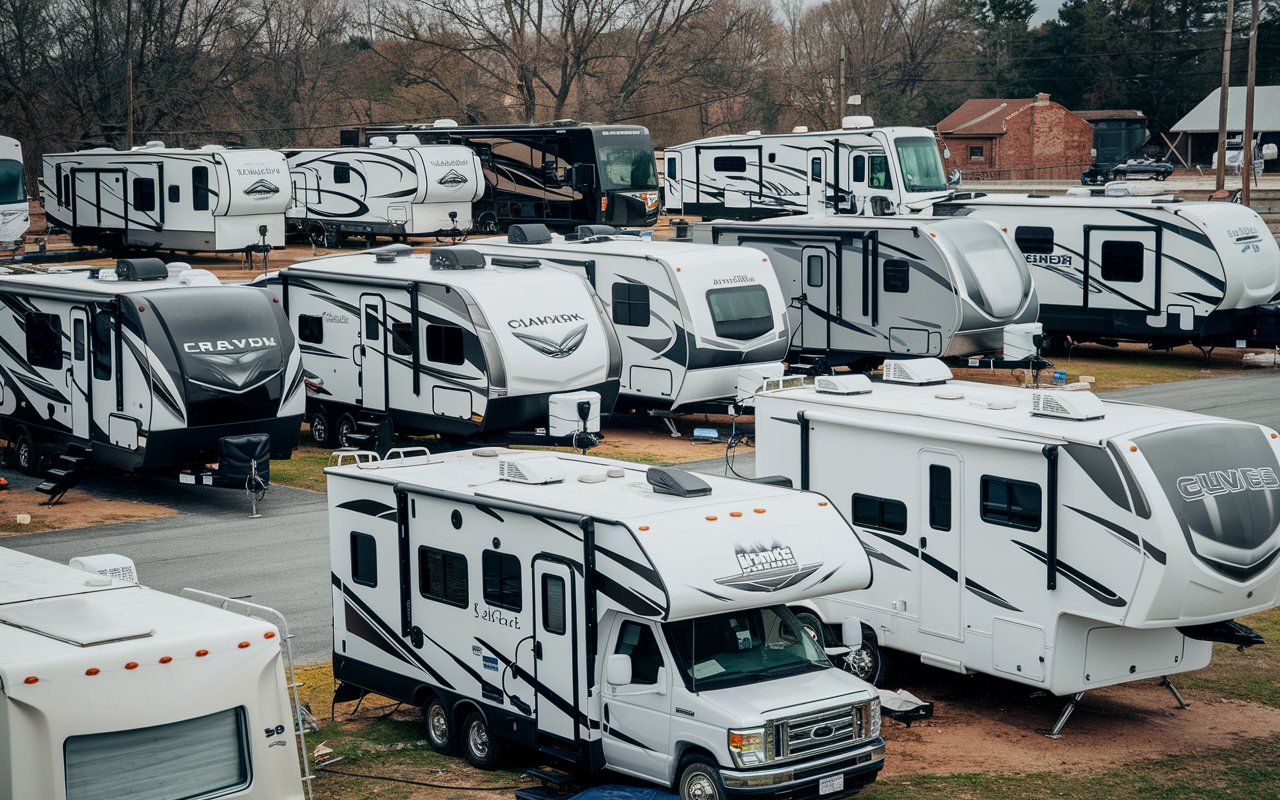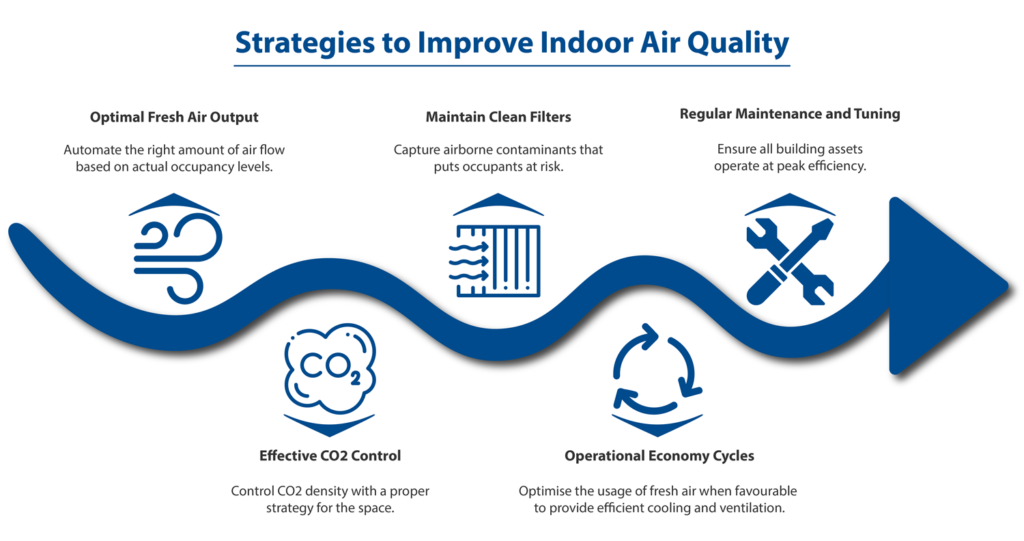Key Takeaways:
- Learn how to assess the condition of a used RV before purchase.
- Understand the importance of checking the vehicle’s history.
- Learn key questions to ask the seller.
- Discover the benefits of buying an RV from a reputable dealer.
- Get tips on what to look for during a test drive.
Assessing the Condition of a Used RV
Purchasing a used RVs can be a creative way to enjoy the nomadic lifestyle, but ensuring you’re getting a vehicle that meets your needs and expectations is crucial. When considering options like used RVs for sale in Lexington, NC, start with a thorough visual inspection of the exterior and interior of the RV. Look for signs of wear and tear, such as dings, rust or fading paint on the exterior. These are often indicators of the RV’s past usage and how well it has been maintained. Inside the RV focus on any signs of water damage, mold and the general condition of the appliances and upholstery.
The roof is one of the vulnerable parts of an RV and should be scrutinized. Any leaks or signs of wear here could lead to expensive and unwelcome repairs down the road. Additionally, check the sealants around windows and doors to ensure there are no potential leak points. The undercarriage is another critical area to examine for rust and damage, which could indicate past water exposure or rough use. Overlooking these aspects could result in costly repairs later and diminish the enjoyment of your RV experience.
Checking the Vehicle’s History
A comprehensive look at the RV’s history can offer invaluable insights into its natural condition. Resources like CARFAX provide detailed history reports, including maintenance, vehicle past ownerships and any recorded accounts. These reports can help you understand how well the RV has been maintained and whether any significant repairs are likely. The history report can often reveal issues not immediately apparent during a visual inspection or test drive such as recurring mechanical problems or previous flood damage.
In addition to automated reports, verify the RV’s service manually by asking for receipts and past maintenance logs from the seller. It will give you a clearer picture of any recurring issues or significant repairs that have been performed, providing further assurance that the RV is in good condition. Knowing the vehicle’s history can also give you leverage in negotiating the price, as you can argue for a lower price if there have been numerous previous repairs or issues.
Questions to Ask the Seller
Please find out the mileage and frequency of the seller’s RV usage before giving your hard-earned cash to a vendor. You can also prepare yourself by asking the correct questions. Ask about any past repairs and the reasons behind them. Knowing these aspects can help you gauge the lifespan of critical components like the RV’s brakes and tires. For example, a relatively new RV with a high mileage may have been utilized chiefly for lengthy excursions, which might have increased wear and tear on the engine and other vital components.
Understanding why the seller is parting with the RV can also explain its condition. If they’ve recently upgraded to a newer model or their lifestyle has changed, their reasons might be more benign than selling because of recurring mechanical issues. Also, ask if the RV has veered properly during off-seasons. Improper storage can lead to mold, moisture damage, or rodent infestations, which can affect the RV’s overall condition and your immediate comfort and safety.
Benefits of Buying from a Reputable Dealer
Purchasing a used RV from a dealer offers added security due to warranties and thorough inspections. Private sellers often need such guarantees, making it riskier. Dealers have diverse models and features, saving time and effort in finding an RVs that meets your specifications. Dealers are motivated to ensure customer satisfaction, as a bad review can significantly affect their business. When searching for a dealer, consider customer reviews on platforms to gain insights into other buyers’ experiences and the dealer’s reputation, allowing you to make an informed choice.
What to Look for During a Test Drive
A test drive is crucial to evaluating an RV’s mechanical performance and driving comfort. Pay attention to how the vehicle handles turns and hills, listen for unusual engine or brake noises, and ensure all dashboard warning lights function correctly. Check the brake response time, as mushy or noisy brakes may indicate wear and need replacement. Drive the RV on various roads, including city streets, highways, and country roads, to gauge how well it performs on the road and in terms of the demands of consumers and dealers. If towing a vehicle or trailer, consider a test drive with the tow in place to evaluate how the RV handles the extra RV load. By following these suggestions, you can make an informed decision while looking for used RVs for sale and ultimately save time, money, and stress.










